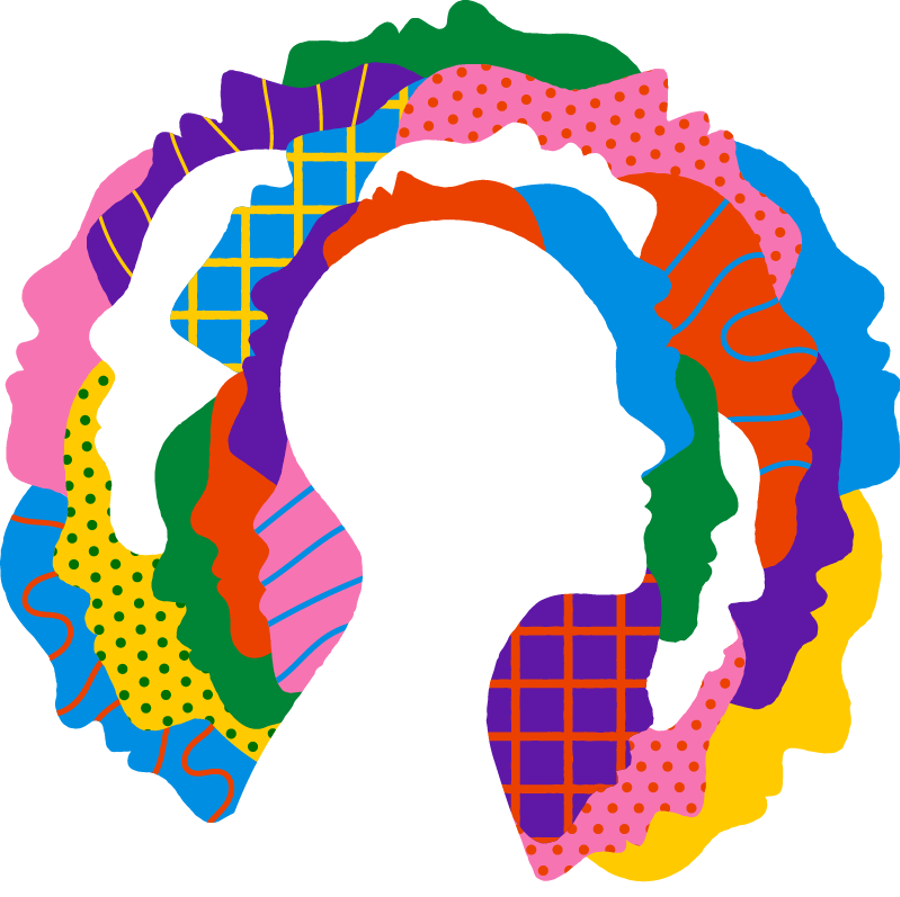
The events industry has long been a space for innovation, networking and knowledge-sharing. But for neurodivergent individuals—who make up an estimated 20% of the population—attending conferences and large-scale events can present significant barriers.
OVERWHELMING social programmes, long presentations and a lack of accessible spaces often mean that many neurodivergent professionals feel excluded or avoid events altogether. Recognising this gap, the Edinburgh International Conference Centre (EICC), in partnership with Welcome Brain Consulting and the Association of British Professional Conference Organisers (ABPCO), has launched the Neurodiversity in Events Checklist - a pioneering resource designed to make events more inclusive for everyone.
Addressing an industry-wide challenge
Survey respondents who claimed to have in-depth neuro-inclusivity training
As the events sector continues to evolve and embrace more inclusive practices, neurodiversity is an area that’s often less explored. Gayle McGuinn, Head of Association Sales at EICC, reflected on this gap: “At a major industry conference three years ago, there were important discussions on diversity, but neurodiversity wasn’t part of the conversation. That felt like a missed opportunity.”
That realisation along with insights from neurodivergent individuals in both personal and professional circles, sparked a strong motivation to drive meaningful change. A recent industry questionnaire run in partnership with the Power of Events reinforced this need. Over half of respondents said they hadn’t received any training on neuro-inclusive events but wanted to, and only around 13% had received in-depth training. These findings highlight a real appetite within the industry to better understand and support neurodivergent attendees.
A checklist for practical change

The neurodiversity in events checklist isn’t just a discussion piece; it’s a practical guide designed to help event organisers implement meaningful, achievable changes. Andy Williamson, Founder of Welcome Brain, emphasised the toolkit’s usability: “We strongly believe that inclusive events are better events. Small, thoughtful changes can have a huge impact—not just for neurodivergent attendees but for everyone.”
The toolkit provides actionable recommendations, including:
-
Clearer communication at registration to let attendees disclose their needs in a supportive environment
-
Quiet spaces with clear guidelines to offer relief from overstimulation
-
Flexible badge systems (e.g. different coloured lanyards) to indicate social preferences
-
Alternative presentation formats, such as shorter sessions or breakout discussions, to accommodate different cognitive styles
-
Comprehensive staff training to ensure event teams understand and support neurodivergent attendees effectively
EICC is also taking internal steps to ensure they practise what they preach. Their operational staff will undergo neuroinclusion training with Welcome Brain, reinforcing their commitment to making real change.
Industry adoption and impact
Since its launch, the response to the toolkit has been overwhelmingly positive with conference organisers from around the world engaging with it. EICC and Welcome Brain have also been in discussions with both corporate and association clients who have already shown enthusiasm for integrating neuroinclusive practices into their events.
Moreover, the toolkit is now tied into EICC’s broader Impact Network, ensuring that neuroinclusivity becomes a fundamental part of future conferences. The initiative also aligns with Edinburgh’s Business Events Shaping Tomorrow (BEST) programme, which measures the lasting impact of events hosted in the city.
For real-world examples of inclusivity in action, explore EICC’s past initiatives through these case studies and examples of championing inclusivity.

A step toward a more inclusive future
“We’re thrilled to help bring this initiative to life. It’s a real, tangible step towards a more inclusive industry.”
- Heather Lishman, ABPCO
True inclusivity isn’t just about compliance—it’s about ensuring that everyone, regardless of how their brain processes information, can fully participate and thrive in professional settings. As Heather Lishman, association director at ABPCO, noted: “We’re thrilled to help bring this initiative to life. It’s a real, tangible step towards a more inclusive industry.”
Event organisers looking to take proactive steps toward neuroinclusion can explore the neurodiversity in events checklist and listen to the EICC’s impact network briefing here.
By embracing neurodiversity, the events industry isn’t just becoming more inclusive—it’s unlocking new perspectives, fostering innovation and ultimately creating better experiences for all.
